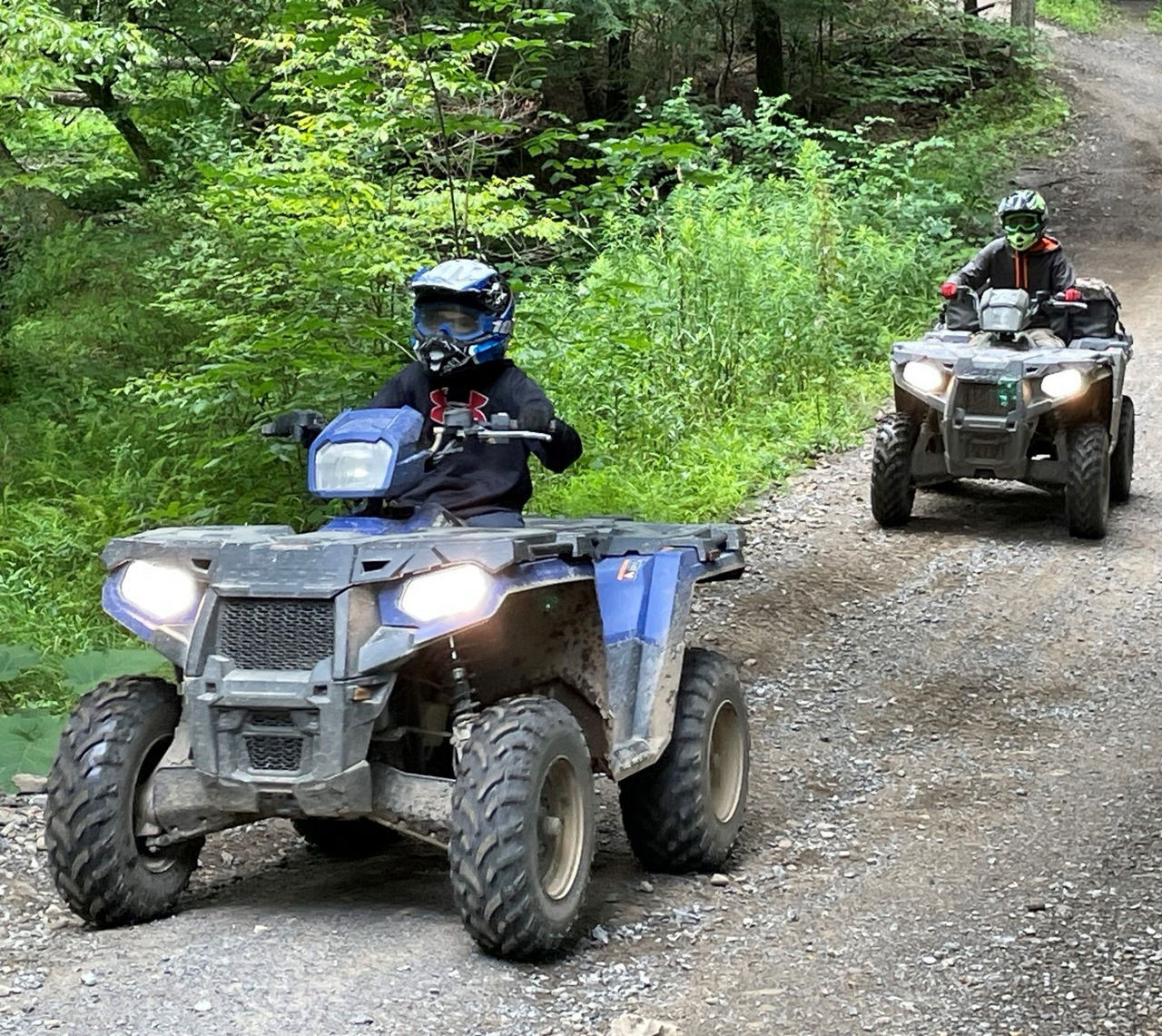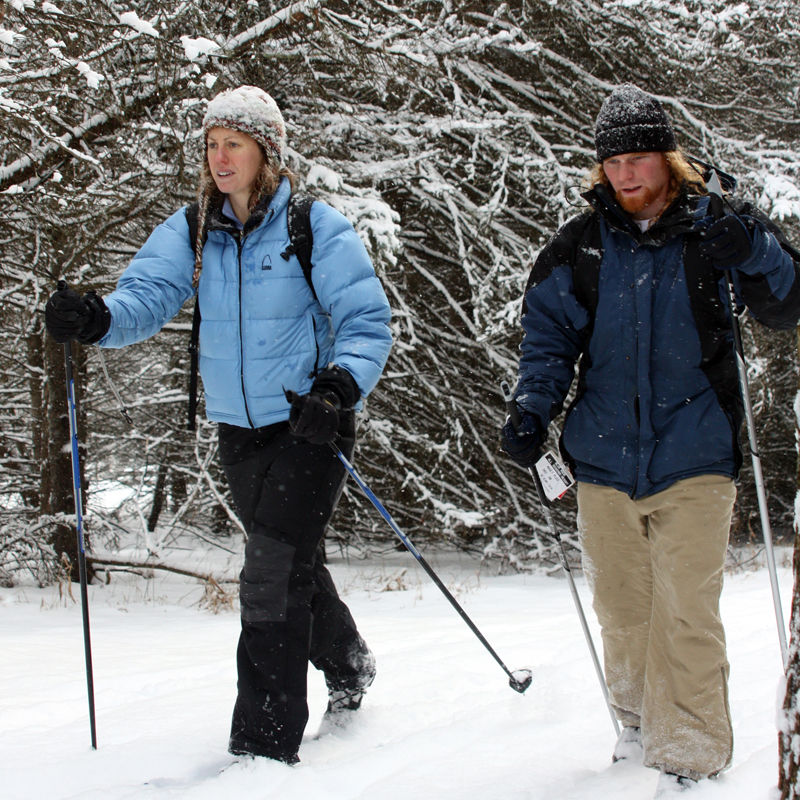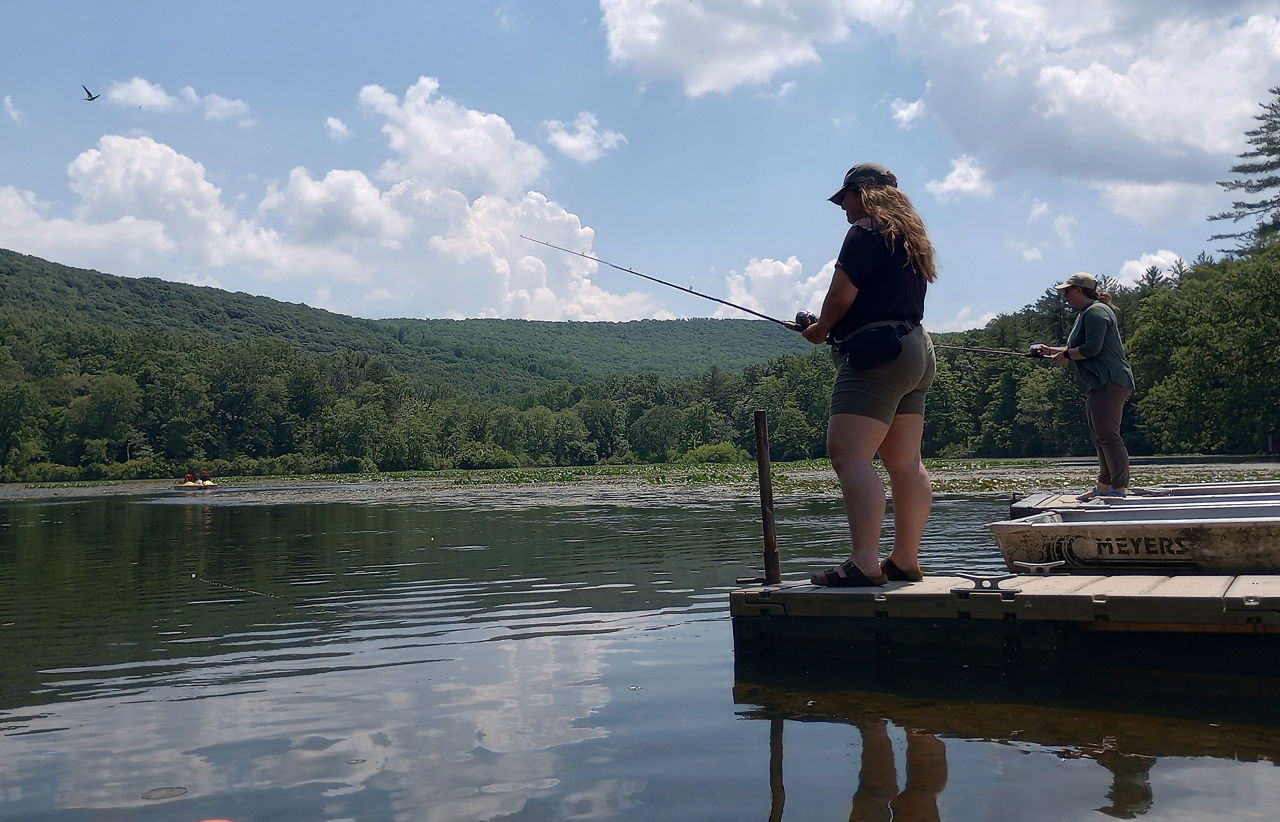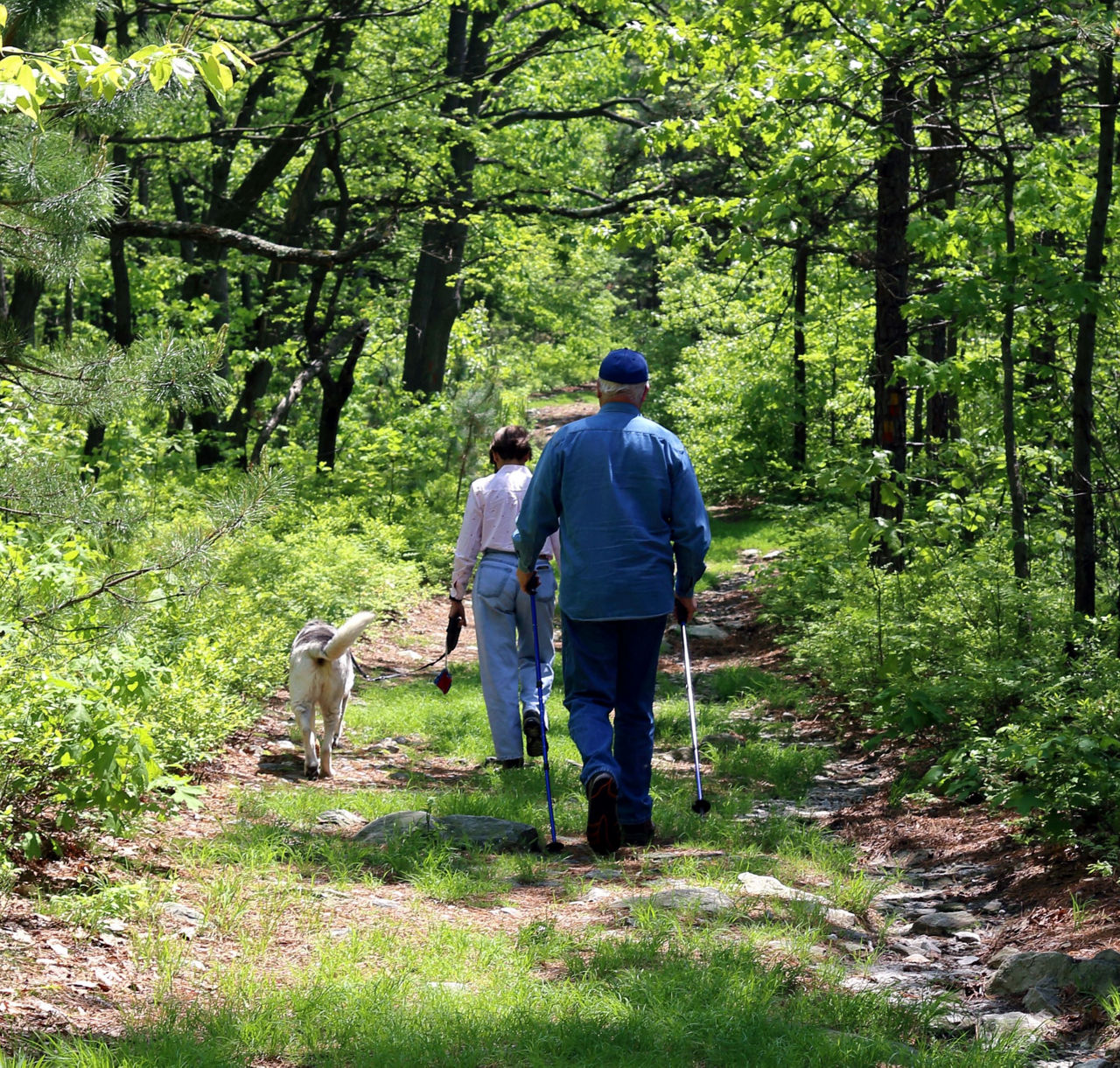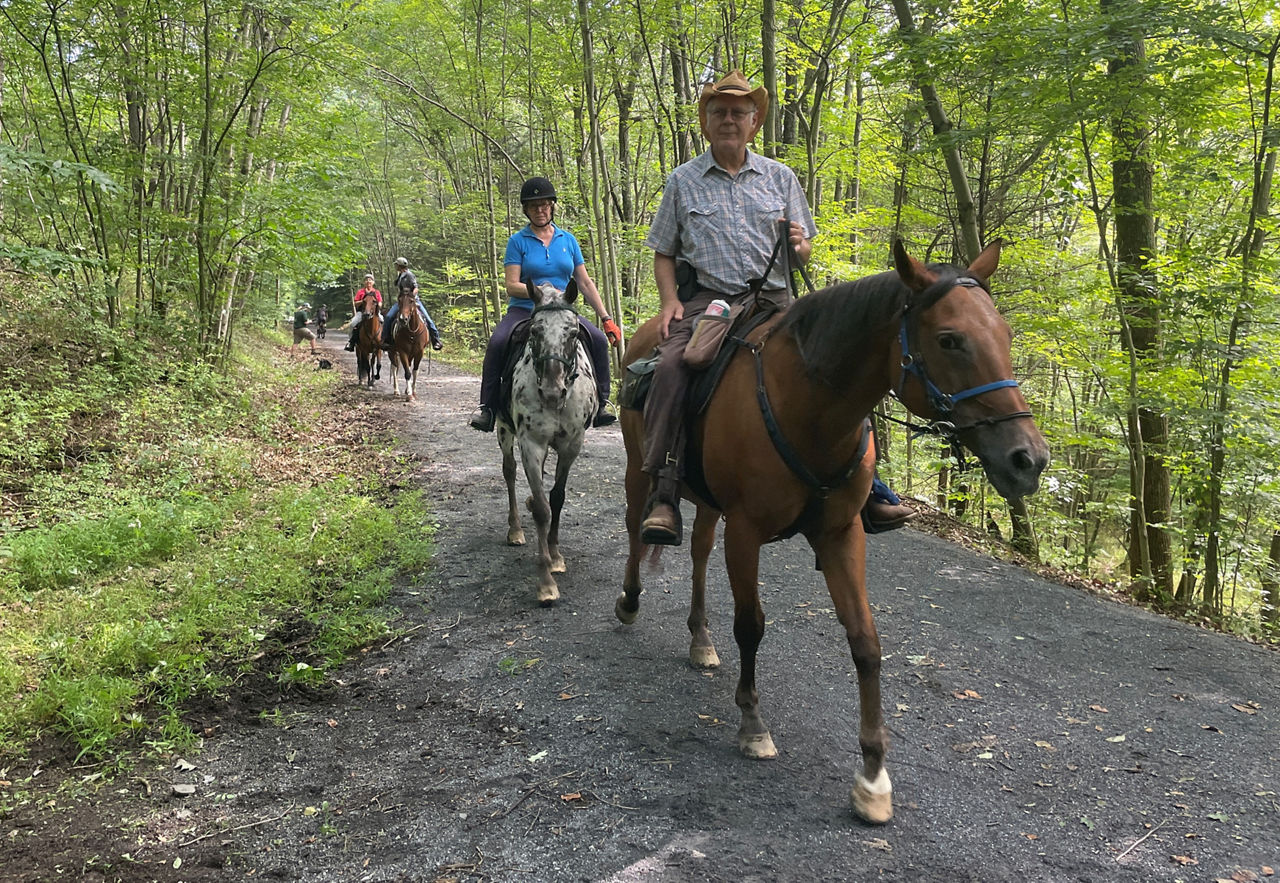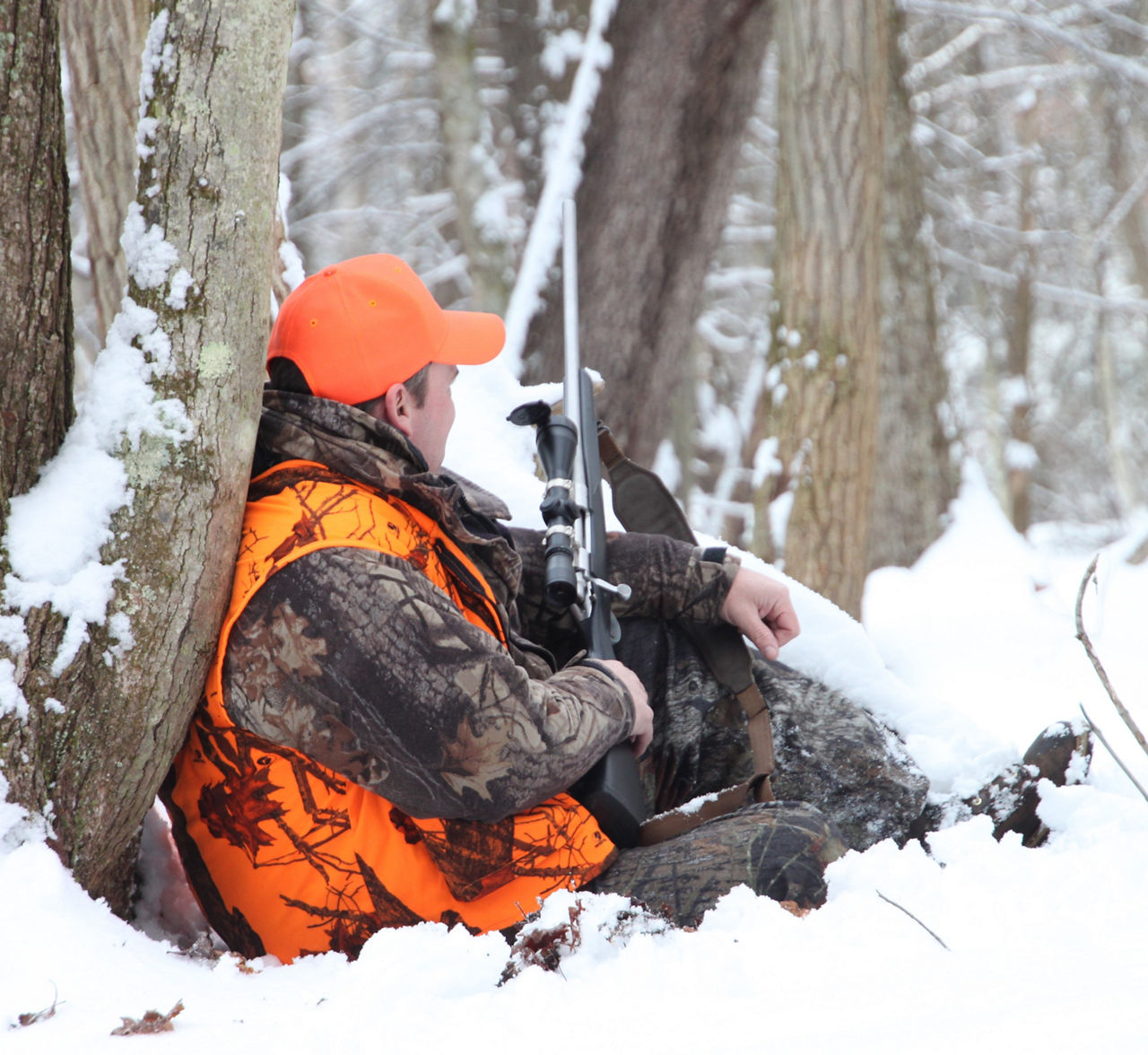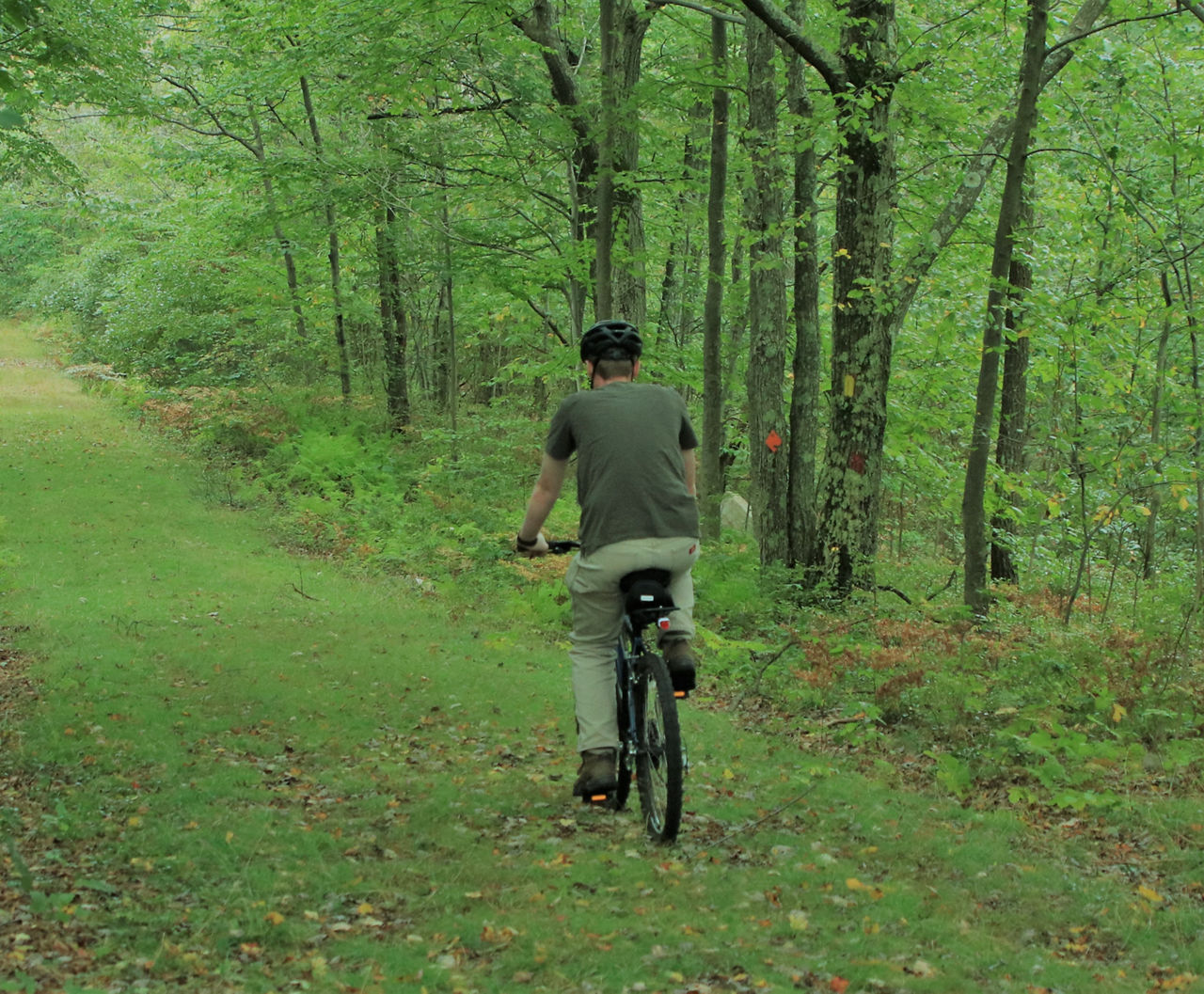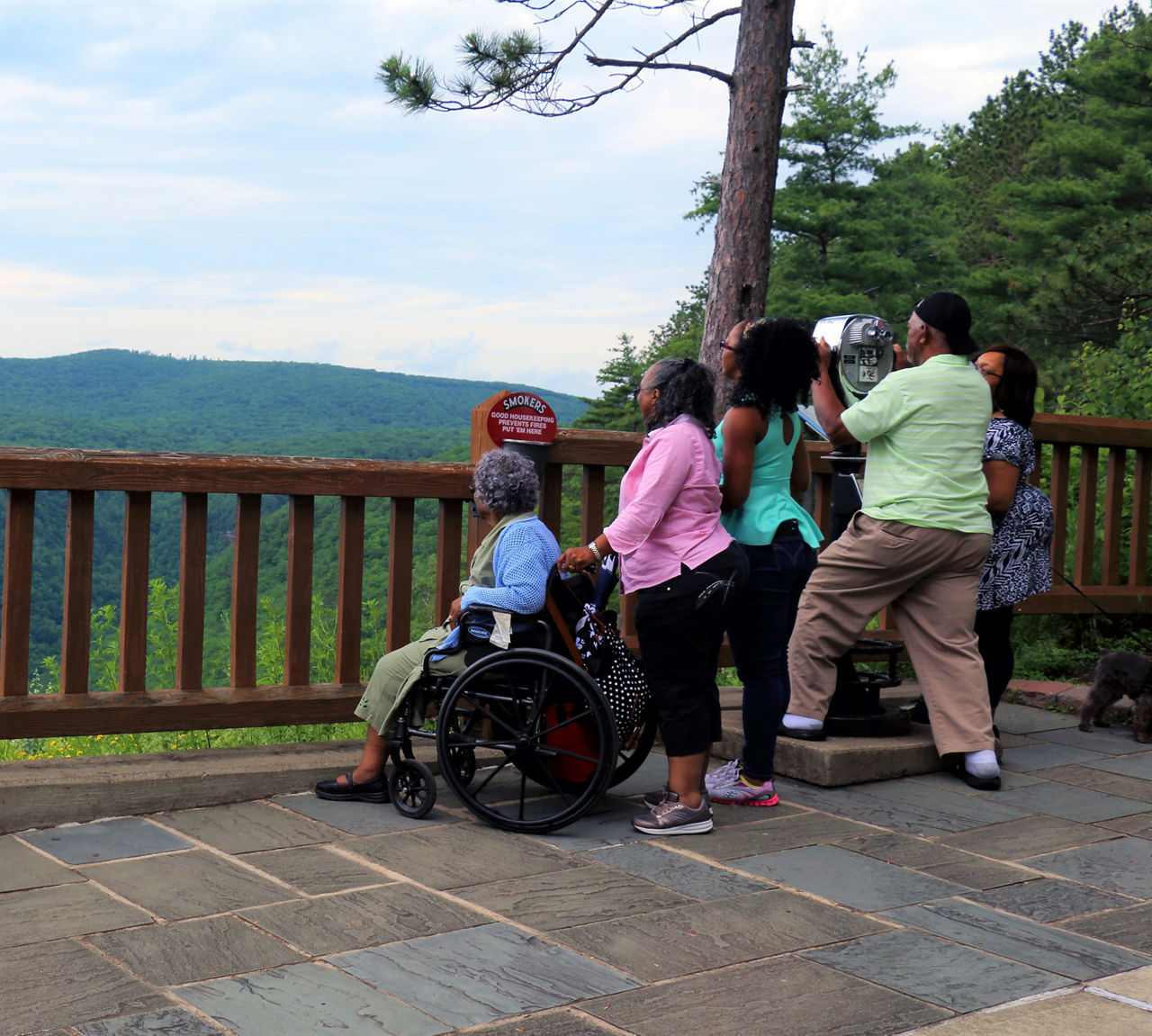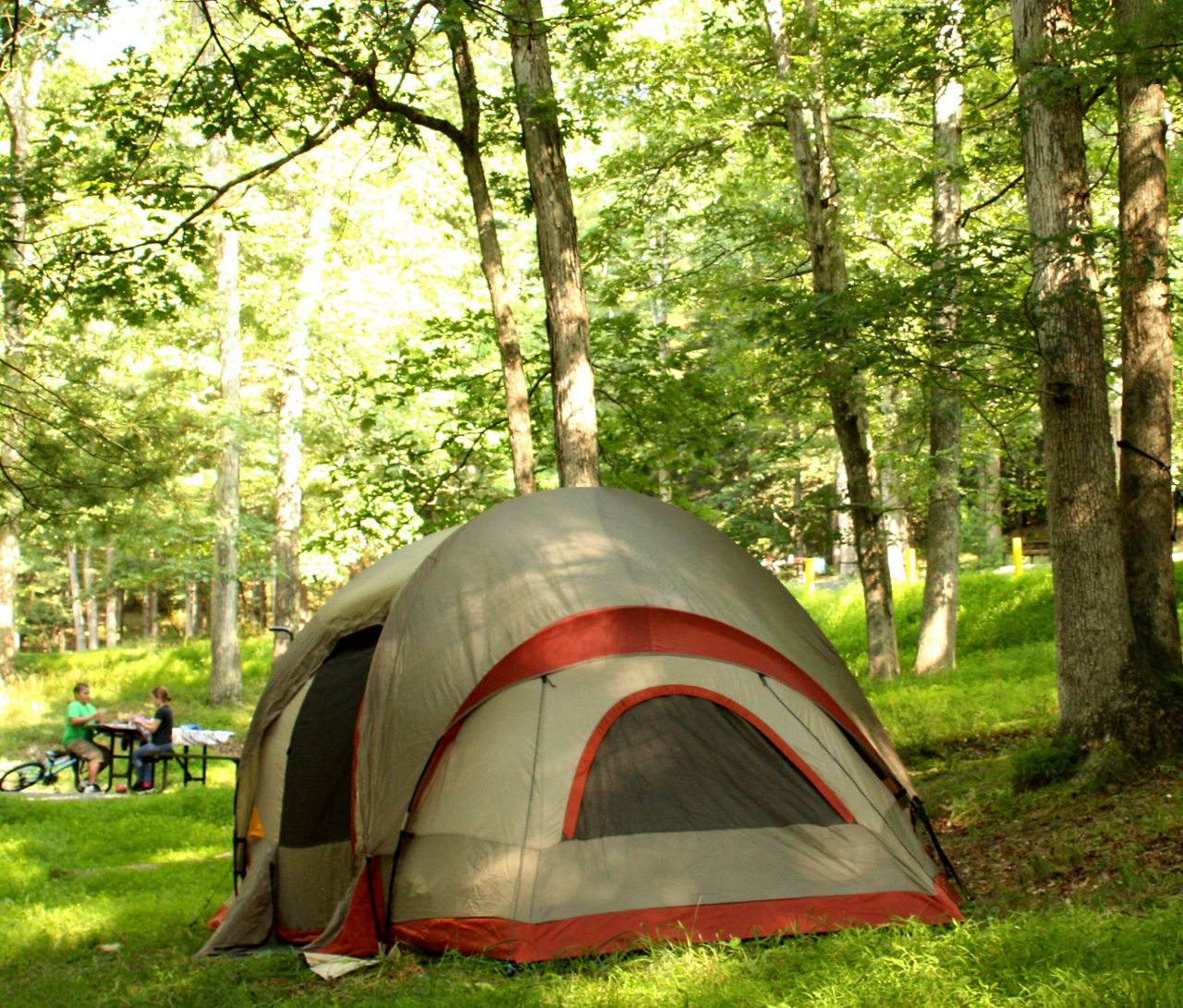Overview
Forbes State Forest was named for General John Forbes, who, in 1758, ordered the construction of a road from Bedford to Fort Pitt for the British Army’s attack on Fort Duquesne. The forest comprises 15 tracts totaling almost 59,000 acres in:
- Fayette County
- Somerset County
- Westmoreland County
Although Forbes forest district encompasses Allegheny, Greene, Washington, Fayette, Westmoreland, and Somerset counties, all of the district’s state forest land is found in the latter three.
Explore Forbes State Forest
The Department of Conservation and Natural Resources Bureau of Forestry manages our state forests for their long-term health and productivity while conserving native wild plants.
These forests are managed as “working forests” and provide a suite of uses and values to Pennsylvania citizens, while maintaining the forest’s wild character.
Our state forests are managed for:
- Pure water
- Recreation
- Scenic beauty
- Plant and animal habitat
- Sustainable timber and natural gas
- Many other uses and values
The management of our state forests is guided by the State Forest Resource Management Plan.
A district-level state forest management plan is written for each of the department’s 20 forest districts across the state.
Forbes State Forest staff hosted a public input meeting and online survey about its draft management plan in 2018. Citizens are invited to view public comments and responses to Forbes State Forest daft management plan (PDF).
Using public input and building on the statewide 2016 management plan, the Bureau of Forestry revised and completed a new Forbes State Forest Resource Management Plan (PDF), setting district-level management priorities.
Access Forbes State Forest’s 2025 management activities (PDF) for upcoming projects and events to implement the State Forest Resource Management Plan.
Local state forest harvest schedules promote and maintain desired forest landscape conditions while providing a sustainable flow of forest products.
The Bureau of Forestry has adopted “ecosystem management” as its principal strategy for managing state forests.
This approach seeks to conserve the natural patterns and processes of the forest while advancing long-term sustainability.
Ecosystem management promotes the conservation of plant and animal communities and the landscapes and habitats that support them.
It also accounts for needs and values of people and communities.
This results in a holistic, integrated approach to managing forest resources.
As you travel throughout the state forest, you’ll see examples of our forests “at work.” Some of these management practices are more noticeable than others, such as:
- Active timber harvests
- Deer exclosure fences
- Natural gas drilling sites
- Prescribed fires
- Spongy moth (formerly known as gypsy moth) spraying
Others are more subtle, such as the:
- Protection of a vernal pool
- Buffering of a stream from timber harvesting
- Setting aside of a special area to conserve its wild character or protect a rare plant community
Each of these management practices and activities play a vital role in the management and conservation of our state forest system.
Pennsylvania’s 2.2-million-acre state forest system is one of the largest dual certified forests in North America.
The forest is certified under Forest Stewardship Council™ and Sustainable Forestry Initiative© standards.
The Forest Stewardship Council™ is an independent organization supporting environmentally appropriate, socially beneficial, and economically viable management of the world’s forests.
Sustainable Forestry Initiative© certification focuses on protection of water quality, biodiversity, wildlife habitat, species at risk, and forests with exceptional conservation value.
Dual certification ensures that Pennsylvania’s state forests are managed to the highest third-party standards.



